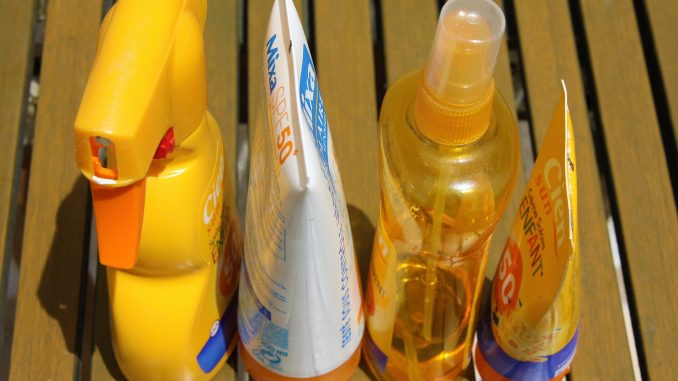
With summer approaching, protecting your skin from harmful rays is essential. But, many consumers often feel confused and unprepared for the warmer weather.
To help you navigate the best suncare options available, here’s some information about the importance of sunscreen and how to choose the right products:
What do UVA and UVB mean?
UVA and UVB are required on the labels of sunscreens. So, what do they mean? Sunlight has two types of rays that are harmful. UVA stands for long wave ultraviolet A, and UVB is short-wave ultraviolet B.
UVB rays burn the top layer of your skin and can damage the thick layer underneath, which is called the dermis. UVA rays penetrate deeper into the skin and can cause lasting damage.
Both types of rays play a key role in the development of skin cancer, and exposure and sunburn can lead to permanent skin damage. This is why it’s important to protect your skin.
What are SPF and star ratings?
SPF is the “sun protection factor”, which measures how well sunscreen blocks UVB rays. This rating is calculated by taking into account how long it would take to burn with protected skin rather than unprotected.
An SPF factor of 10 means it would take 10 times longer to burn, whilst an SPF of 25 would take 20 times longer approximately. The higher the SPF, the more protected you will be.
Another piece of key information on sunscreen is the star rating. This measures how well a product protects against UVA rays, and it ranges from zero to five stars. The more stars shown on a sunscreen bottle, the better the protection is.
How to choose the right sunscreen
When buying sunscreen, it’s important to consider your skin type when choosing the right ratings. Additionally, you will need to consider whether you have other specific needs, such as:
- Once-a-day sunscreen for longer protection
- Water-resistant sunscreen for better water resistance
- Sunscreen for babies and children – these provide more protection
Once you purchase a sunscreen, bear in mind that the average shelf life is around two years. It’s best to be cautious, as keeping it longer than this can reduce the effectiveness.


Leave a Reply